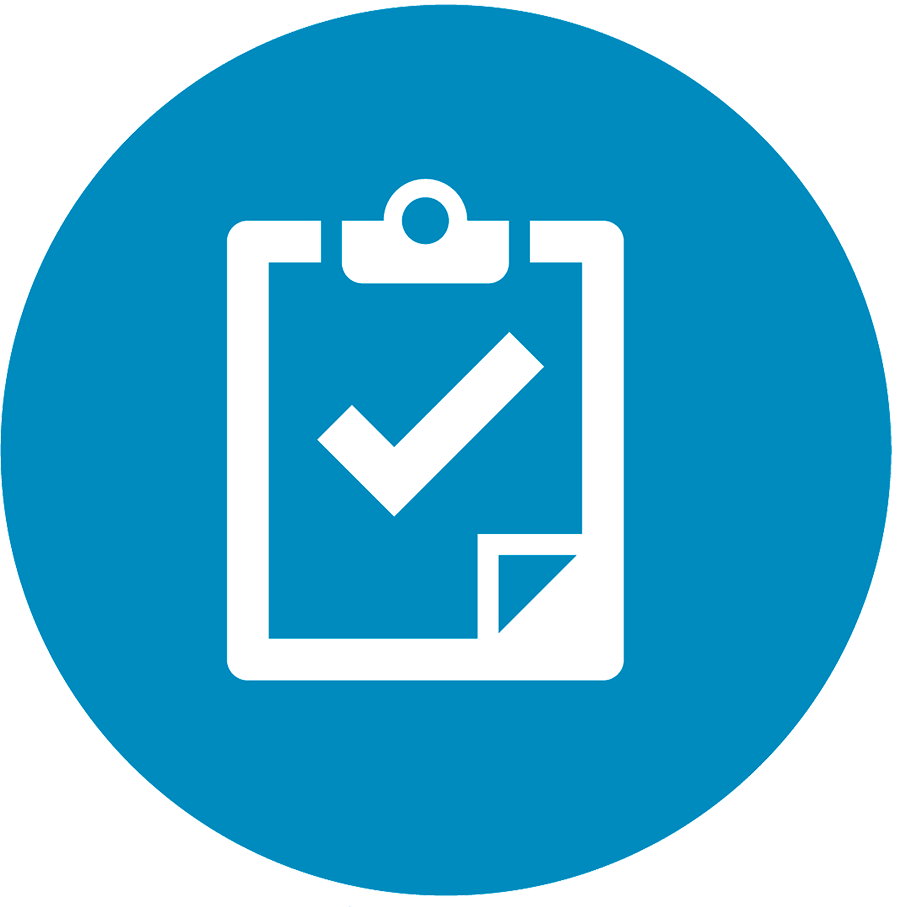The day of your surgery
Before going to the hospital
Reminders for the day of your surgery
- Do not eat or drink anything before your surgery.
- Remove all make-up, nail polish, jewelry and body piercings.
- Do not use perfume, cologne, scented cream, body lotion, deodorant or hair products. Sunnybrook is a fragrance-free hospital.
- Do not smoke any tobacco products or recreational drugs.
- Do not take any prescription, over-the-counter or herbal medications unless directed by your pharmacist or surgeon.
What you should and shouldn't bring to the hospital
What to bring to the hospital
- The physical copy of this guide book
- Your Ontario Health Card
- Glasses, dentures, hearing aids and any walking aids you may need
- Sleep apnea machine (CPAP or BIPAP), if you have one
- Non-slip footwear. Women should also bring a comfortable bra without a front closure or underwire
- Your prescription and over-the-counter medications in the containers they came in. These include pills, inhalers or puffers, injections, eye drops, herbal medicines and vitamins
- A copy of your legal documents for advanced directives and power of attorney for personal care, if you have them.

Please DO NOT bring
- Money
- Jewelry
- Electronic devices, such as tablets, computers, etc.
The hospital will not take responsibility for any lost or stolen items.
Once you get to the hospital
Registration
When you get to the hospital, check-in at the Surgical Services Registration Desk in the M-Wing, Ground Floor, Room MG 502.
After you check-in, you will be asked to put on a hospital gown and all of your personal clothing will be given to your family. A nurse will then bring you to a room to prepare you for surgery. The nurse will sanitize your skin, clip any body hair, and carry out any orders from the surgeon.
Note
Sometimes surgery cases are cancelled because there is someone else who needs an emergency surgery. If this happens to you, you will be contacted by the cardiovascular surgery coordinator and a new surgery date will be booked as soon as possible.
Operating Room
Once you have finished your pre-surgery registration, nurses will complete the final checks and an intravenous (IV) will be started in your hand. When your surgeon is ready, you will be brought to the operating room and your family will be directed to the waiting room on the second floor of the M-Wing (M2). You will participate in a safety checklist with your surgeon and the health-care team before your surgery begins. The surgery usually takes between 4 to 6 hours.
What will happen during my surgery?
- You will be put to sleep using a general anesthetic. The medication to make you sleep will be given through your IV.
- When you are asleep, a tube will be placed in your throat to help you breathe.
- You may be connected to a heart-lung bypass machine, which provides oxygen to your blood during surgery.
- An incision (cut) is made through your breastbone to give the surgeon access to your heart.
- The surgeon will take arteries or veins from your leg, arm or behind the chest wall to repair the damaged arteries in your heart.
- The incisions are closed with stitches that dissolve and are covered with a dressing or bandage.
During your surgery your family can stay in the waiting area on the second floor of the M-Wing (M2). They may also want to get food or visit the Parking and Transportation Services Office on the ground floor of C-Wing (Room CG 01) to purchase a discounted weekly parking pass.
What will happen after my surgery is done?
After the surgery is done, you will be taken to the Cardiovascular Intensive Care Unit (CVICU) on the second floor of the M-Wing (M2) for your recovery.
The surgeon will go to the M2 waiting room to speak with your family after the surgery is completed. If your family members or caregivers are not in the waiting room immediately following surgery, the surgeon will contact them by telephone.
After the surgeon speaks with your family members or caregivers, it will take another hour to transfer and settle you into the CVICU. Your family will then be welcomed in for their first visit.
You will have constant, specialized care by a team of doctors, nurses and other health-care professionals who will work together to meet your individual needs. For information about our critical and intensive care units, visit sunnybrook.ca/navigatingtheicu.
Patients are typically in the CVICU for 24 hours. Once you are medically fit, you will likely be transferred to our inpatient unit on the third floor of the D-Wing (D3) until you are discharged home.


Care closer to home
If you have been transferred to Sunnybrook for specialized care that you could not have received locally, you will be transferred back to the hospital closer to home when your specialized care is complete. For more information, visit sunnybrook.ca/repatriation.






